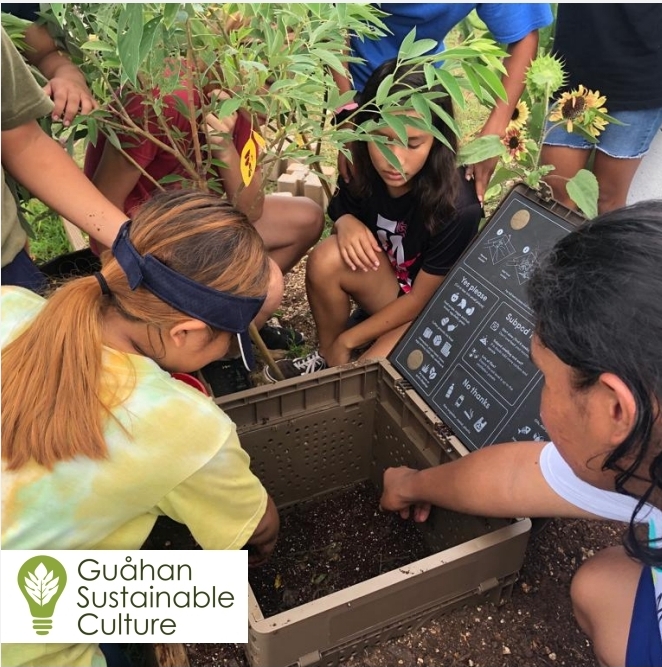Li’l Sprouts Academy

Li’l Sprouts Academy
- Status: Past Project
- Possible Hours: 20 p / y
- Categories: Peace and Kindness, Education and Literacy, Citizenship and Civic Engagement, Environment and Sustainability, Health and Wellness
- Schools: Open to All Schools
- Project Start Date: 09/06/2022
- Project End Date: 05/31/2023
Students must be in good mental, emotional and social health and be able to function in a group setting in a positive and cooperative manner that displays tolerance and respect for themselves and others. Appropriate attire includes: a t-shirt, comfortable athletic shorts, socks, and shoes (required). It is also recommended to bring a water bottle, lunch and/or snacks, sunscreen, and a bag to hold all personal items. Water will be provided on site.
Volunteers will:
- Engage in a variety of garden tasks including: planting, weeding, harvesting, and preparing garden beds.
- Learn how to cultivate their own food through learning about methods of sustainable farming.
- Learn about Guam’s food system through preparing local produce and becoming more knowledgeable about their health benefits.
In order to earn service learning hours, you will need to turn in a reflection letter to a teacher. The reflection letter should address these questions: What did I do? What did I learn? What did I try to teach the children who came to the program? How was this an example of service to the community?
Volunteers will become more knowledgeable about Guam’s food system through learning how to grow their own food and methods of sustainable farming.
STANDARD 2 SCIENCE: Life Science: Students understand the diversity and unity of living organisms, the living environment, and principles of ecology.
BI.2.26: Explain that the amount of life any environment can support is limited by the available energy, water, oxygen, and minerals, and by the ability of ecosystems to recycle the residue of dead organic materials; recognize, therefore, that human activities and technology can change the flow and reduce the fertility of the land.
BI.2.30: Recognize and describe how human beings are part of Earth’s ecosystems and that human activities can, deliberately or inadvertently, alter the equilibrium in ecosystems
BI.2.31: Understand and describe how organisms are influenced by a particular combination of living and nonliving components of the environment.
BI.2.32: Recognize and describe how the physical or chemical environment may influence the rate, extent, and nature of the way organisms develop within ecosystems.
STANDARD 1: HEALTH EDUCATION: Core Concepts: Comprehend concepts related to health promotion and disease prevention to enhance health.
HS.1.1: Predict how healthy behaviors can affect health status
HS.1.2: Evaluate the interrelationships of physical, mental/emotional, and social health.
HS.1.3: Analyze how environment influences personal and community health.
Acknowledged by Teacher/Guidance Counselor:
Print name: _____________________________
Signature:_______________________________
Date:______________________









